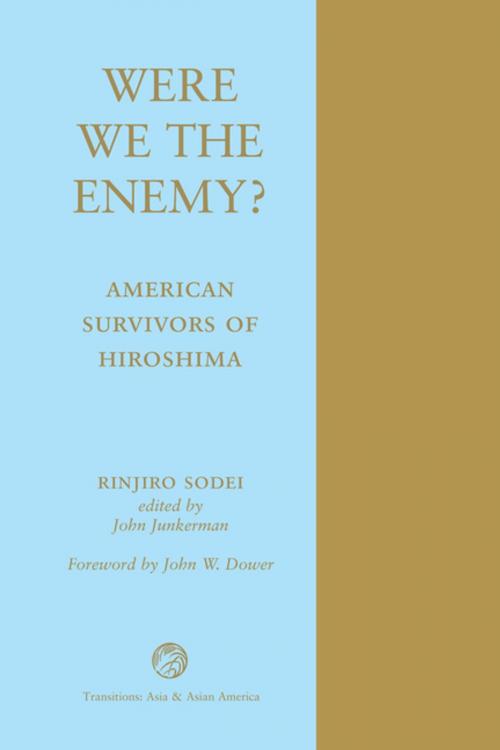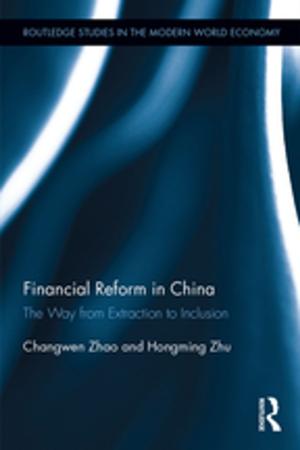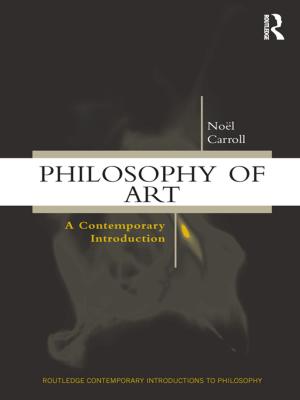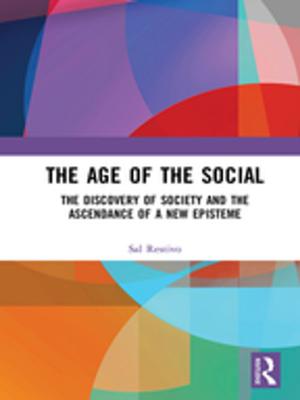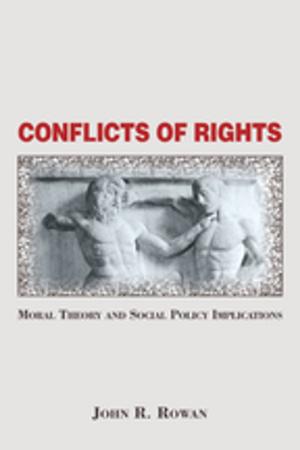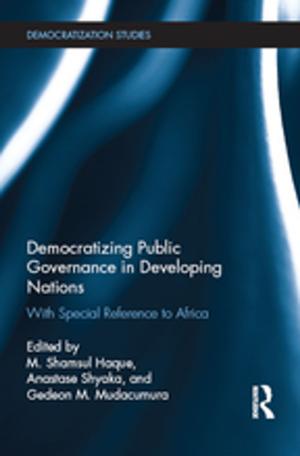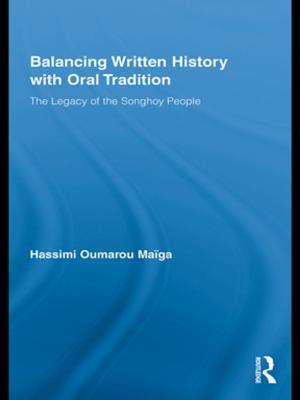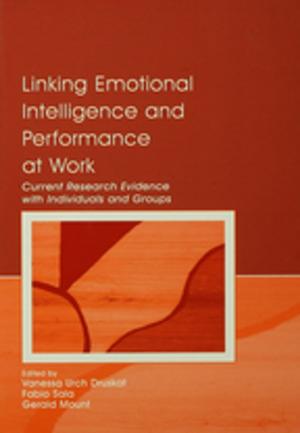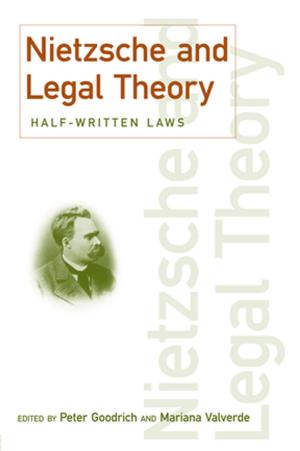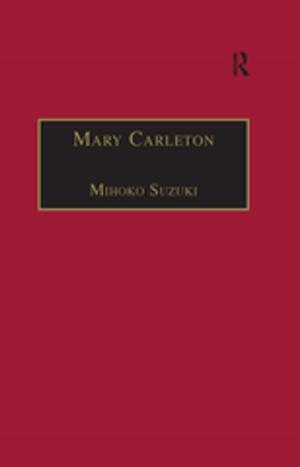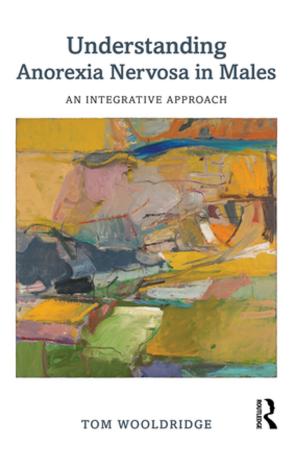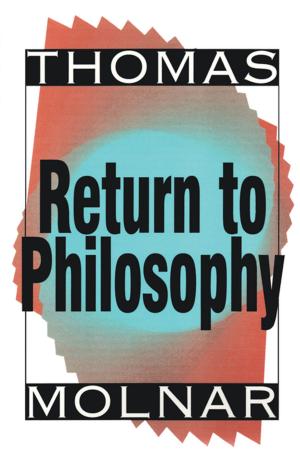Were We The Enemy? American Survivors Of Hiroshima
Nonfiction, Social & Cultural Studies, Political Science, International, Social Science| Author: | Rinjiro Sodei | ISBN: | 9780429982774 |
| Publisher: | Taylor and Francis | Publication: | May 4, 2018 |
| Imprint: | Routledge | Language: | English |
| Author: | Rinjiro Sodei |
| ISBN: | 9780429982774 |
| Publisher: | Taylor and Francis |
| Publication: | May 4, 2018 |
| Imprint: | Routledge |
| Language: | English |
In August 1945, the first atomic bombs were dropped on Hiroshima and Nagasaki. What is hardly known is that 4,000 Nisei (Japanese Americans), the sons and daughters of Japanese immigrants who had been sent back to Japan to be educated before World War II erupted, were caught in the Hiroshima bombing. This extraordinary book commemorates the 3,000 Nisei who died from the atomic blast in Hiroshima and documents the plight of another 1,000 hibakusha (survivors of the bomb) who returned to the West Coast after the war.Branded as ?foreigners? in wartime Japan and as ?enemies? in postwar United States, their existence as victims of the atomic blast has not been recognized by either the Japanese or the U.S. government, both of which have refused to alleviate the medical and political problems of the survivors. Drawing on primary sources and rich interview data, Rinjiro Sodei has contributed an original scholarly work to the literature on World War II and the Asian-American experience. This book bears witness to the human calamities of the nuclear age and to the dignity of these Japanese Americans striving to obtain their rights and sustain their bicultural identity.
In August 1945, the first atomic bombs were dropped on Hiroshima and Nagasaki. What is hardly known is that 4,000 Nisei (Japanese Americans), the sons and daughters of Japanese immigrants who had been sent back to Japan to be educated before World War II erupted, were caught in the Hiroshima bombing. This extraordinary book commemorates the 3,000 Nisei who died from the atomic blast in Hiroshima and documents the plight of another 1,000 hibakusha (survivors of the bomb) who returned to the West Coast after the war.Branded as ?foreigners? in wartime Japan and as ?enemies? in postwar United States, their existence as victims of the atomic blast has not been recognized by either the Japanese or the U.S. government, both of which have refused to alleviate the medical and political problems of the survivors. Drawing on primary sources and rich interview data, Rinjiro Sodei has contributed an original scholarly work to the literature on World War II and the Asian-American experience. This book bears witness to the human calamities of the nuclear age and to the dignity of these Japanese Americans striving to obtain their rights and sustain their bicultural identity.
